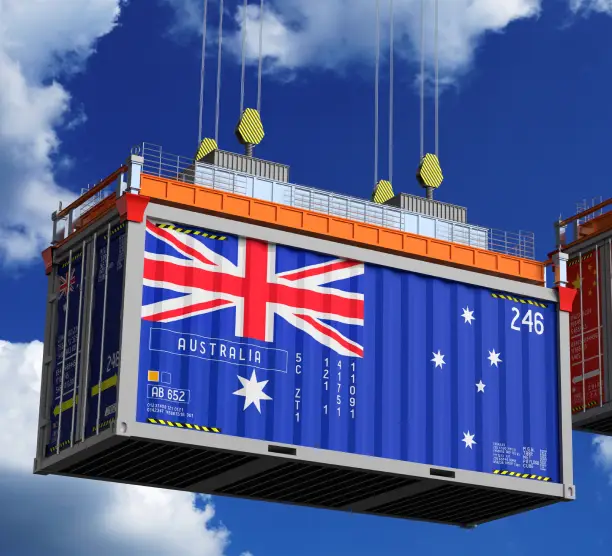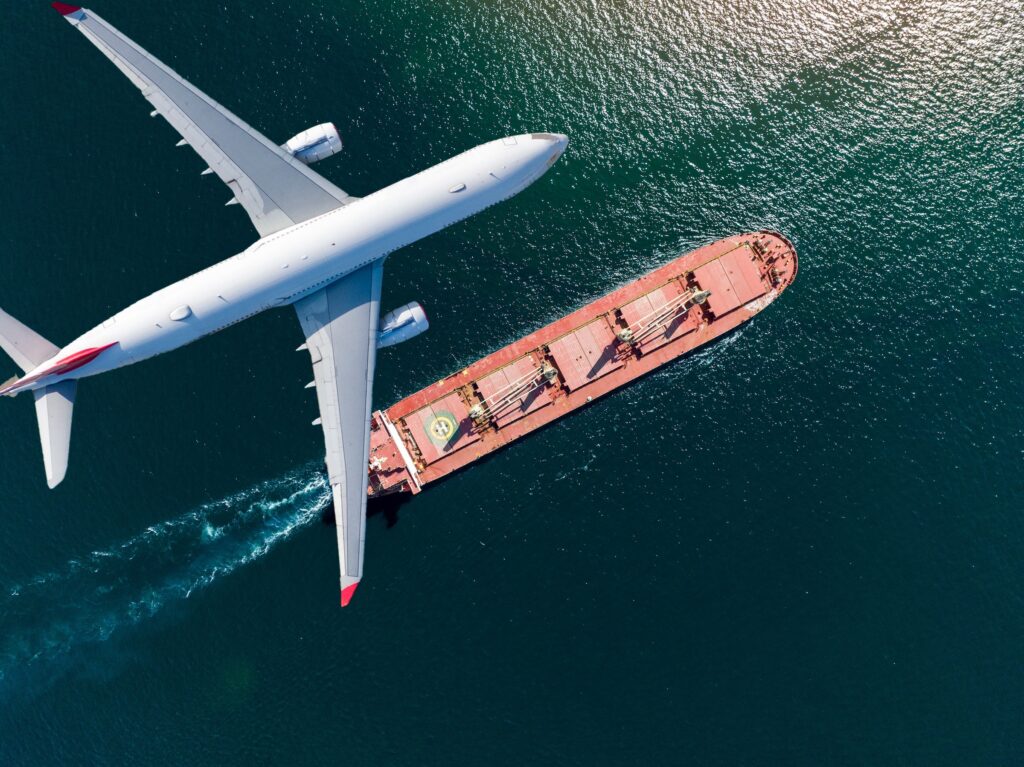- By TOP CHINA FREIGHT
- September 15, 2025
- Shipping
Table of Contents
Shipping goods internationally involves many variables, and one of the biggest concerns for importers is the freight cost from China to UK. Businesses face fluctuating shipping costs, customs duties, and delays, making budgeting complex. However, with the right planning and logistics knowledge, you can manage costs effectively while ensuring timely delivery.

What determines freight cost from China to UK?
Several factors impact the final bill. Freight cost depends on cargo size, transport mode, fuel surcharges, seasonal demand, and customs clearance. For example, peak holiday seasons often drive prices higher, while larger shipments may benefit from lower unit costs. Additionally, Incoterms like FOB (Free on Board) or CIF (Cost, Insurance, Freight) influence who covers which expenses. Understanding these elements helps businesses anticipate costs and avoid surprises.
How do sea and air freight compare in cost?

Sea freight is generally more cost-effective for bulk goods, while air freight is faster but more expensive.
| Method | Avg Cost per CBM | Transit Time | Pros | Cons |
|---|---|---|---|---|
| Sea Freight | $35–$60 | 30–40 days | Low cost, large capacity | Slower, port delays possible |
| Air Freight | $5–$9 per kg | 5–10 days | Fast, reliable schedules | Expensive, weight limitations |
Sea freight dominates for large orders, while air freight suits urgent or high-value items. Choosing the right method depends on your delivery schedule and budget.
Why does cargo type affect freight charges?
Different products have different handling needs. Fragile goods, hazardous materials, or temperature-sensitive cargo require specialized services, raising freight charges. For example, refrigerated shipping containers cost more than standard dry containers. Likewise, lightweight but bulky goods may be charged by volumetric weight in air freight. Therefore, packaging optimization and cargo categorization play major roles in controlling shipping costs.
What are typical container rates from China to UK?
Container pricing varies depending on demand and port routes. Here’s a snapshot of current averages:
| Container Type | Average Cost (USD) | Notes |
|---|---|---|
| 20ft Standard | $2,000 – $3,200 | Best for small to mid-volume cargo |
| 40ft Standard | $3,500 – $5,500 | Most common choice for bulk shipping |
| 40ft High Cube | $3,800 – $5,800 | Extra space, ideal for light but bulky |
These numbers fluctuate monthly. Therefore, businesses should always confirm updated quotes before shipping.
How long does shipping from China to UK take?
Transit times differ by method and port.
| Mode | Average Transit Time | Notes |
|---|---|---|
| Sea Freight | 30–40 days | Longer, affected by port delays |
| Air Freight | 5–10 days | Fastest, reliable schedules |
| Express | 3–7 days | Premium cost, door-to-door |
Although sea freight takes longer, it remains the most affordable option for bulk cargo. Air freight ensures speed but comes at a premium.
What customs documents are required for UK imports?

Proper documentation avoids delays and fines.
Key documents include:
| Document | Purpose |
|---|---|
| Commercial Invoice | Proof of transaction and value |
| Packing List | Cargo details and packaging breakdown |
| Bill of Lading / Airwaybill | Confirms ownership and shipping method |
| Import Declaration | Required by UK customs for clearance |
| Certificate of Origin | Determines duty rates and eligibility |
Should you use freight consolidation services?
Yes, freight consolidation helps small and medium businesses save money. Instead of paying for a full container, multiple shipments share one container.
This reduces freight cost per unit and offers flexibility. Consolidation is especially useful for e-commerce sellers or companies testing new product lines. However, it may increase handling time, as cargo must be grouped and sorted.
Case Study: A UK Retailer Importing Homeware from China

A mid-sized retailer in Manchester imported 15 CBM of homeware products from Shenzhen. Shipping a dedicated 20ft container would have cost $2,800.
Instead, they used freight consolidation, sharing container space with two other companies. Their portion cost $1,250, nearly 55% less. Although transit time was slightly longer, the savings improved their profit margins significantly.
This shows how flexible shipping solutions can optimize freight cost from China to UK.
What strategies reduce freight cost effectively?
Securing space in advance avoids peak surcharges.
Reduce wasted space and volumetric weight.
Share containers for smaller volumes.
Avoid high-demand holiday periods.
They negotiate competitive rates.
Conclusion
Managing freight cost from China to UK requires careful planning, knowledge of shipping methods, and smart logistics decisions. While sea freight remains the most economical for large shipments, air freight provides speed for urgent cargo. Businesses can reduce expenses through packaging optimization, consolidation, and forwarder expertise. By staying proactive and comparing options, importers can keep shipping costs under control while maintaining reliable supply chains.
Need a Shipping Quote?
If you want expert guidance and peace of mind, our team is ready to assist.
TJ China Freight offers tailored solutions to help businesses of all sizes ship more reliably from China.

FAQ
Q1:Can seasonal demand increase freight prices?
Yes, freight cost from China to UK often rises during holidays like Christmas or Chinese New Year due to limited carrier capacity and high demand.
Q2:Is express courier a good option for UK imports?
Express services deliver in 3–7 days but cost more. They’re ideal when freight cost from China to UK is secondary to urgent delivery needs.
Q3:How do port charges impact total freight cost?
UK port handling fees, terminal charges, and customs clearance all add to freight cost from China to UK, so importers must budget beyond transport rates.
Q4:What role does cargo insurance play in overall cost?
Insurance adds a small premium but safeguards against damage or loss, keeping freight cost from China to UK predictable and reducing financial risk.
Q5:Are consolidated shipments slower than FCL shipping?
Yes, freight consolidation saves money but requires cargo grouping, making freight cost from China to UK lower while adding a few days to delivery.
